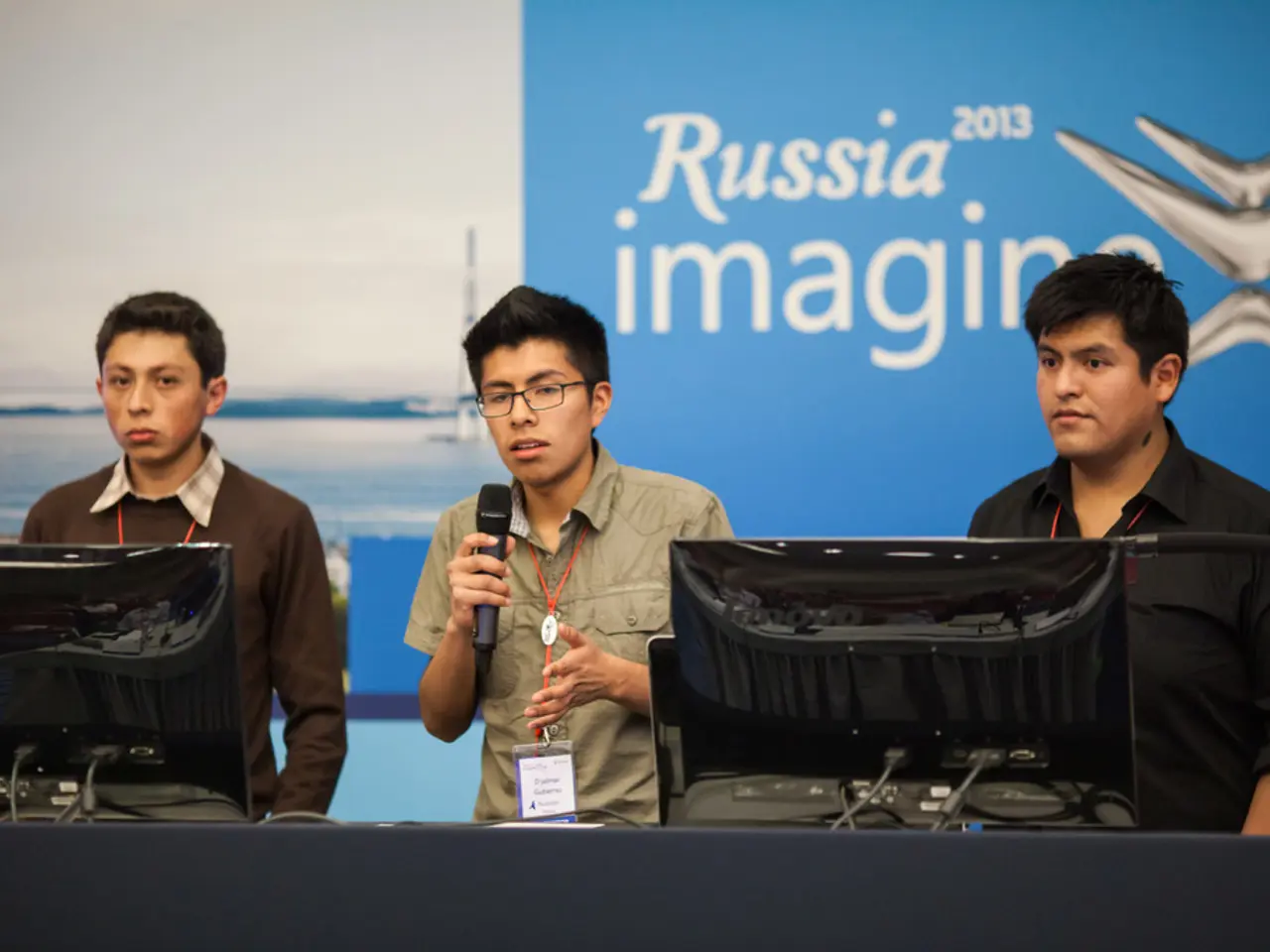Nvidia aims to acquire an additional 300,000 H20 GPUs to cater to China's escalating AI market, securing an order with TSMC to accommodate sudden interest.
Nvidia Ramps Up Production of H20 GPUs for Chinese Tech Giants
Nvidia has placed a new order for 300,000 additional H20 AI GPUs with TSMC, following unexpectedly strong demand from Chinese tech companies after the U.S. administration's reversal of the April 2025 ban on H20 chip sales to China.
The H20 chip, created to comply with earlier U.S. export restrictions, is highly optimized for AI inference workloads, making it very attractive to major Chinese firms like Tencent, ByteDance, and Alibaba. Nvidia's CEO, Jensen Huang, had previously indicated that new production would only restart if there was enough demand, and the order to TSMC signals a clear strong market need and resumption of large-scale manufacturing.
Despite the resumed sales, Nvidia still requires export licenses from the U.S. Department of Commerce, which have not been fully approved yet but are expected soon. The ongoing regulatory oversight highlights the complexities in U.S.-China tech trade relations, balancing national security concerns with commercial pressures from escalating AI demand in China.
The H20 GPU is not a regular flagship GPU and lacks the raw power of Nvidia's actual flagship H100 or the newer Blackwell series. However, it has shown to outperform the H100 in certain workloads, making it an attractive choice for AI inference tasks. Nvidia is betting that keeping its software ecosystem entrenched in China is critical to maintaining its dominance in the AI market.
The resumption of H20 sales and new chip orders comes after Chinese tech heavyweights like Tencent, ByteDance, and Alibaba had stockpiled H20 chips ahead of the April ban. The experts argue that the H20's inference performance could bolster China's military AI efforts and weaken U.S. export control policies.
After the April ban, Nvidia warned of a potential $5.5 billion inventory write-off and an additional $15 billion in lost sales. The H20, despite not being Nvidia's flagship, is becoming a symbol in the high-stakes U.S.-China tech rivalry. If Chinese developers migrate fully to Huawei's competing solutions, the long-term loss could be far greater than any short-term political fallout.
In summary, Nvidia is actively scaling up to meet China's fast-growing demand for AI chips following the lifted U.S. restrictions. The supply chain ramp-up could take up to nine months, meaning further increases in TSMC's production schedule are likely as Nvidia collects more orders. The H20 GPU, while not a regular flagship GPU, is finely tuned for AI inference tasks and holds significant strategic importance in the ongoing U.S.-China tech rivalry.
- The strong demand for Nvidia's H20 GPUs from Chinese tech giants, such as Tencent, ByteDance, and Alibaba, has led to a significant increase in production, with Nvidia placing a new order for 300,000 additional units with TSMC.
- The ongoing escalation in AI demand in China and the complexities in US-China tech trade relations, as seen in the case of the H20 chip, highlight the strategic importance of technology investing in business and politics.
- The H20 GPU, while not a regular flagship model, has shown to outperform Nvidia's flagship H100 in certain workloads, bringing this AI-optimized chip to the forefront of the high-stakes U.S.-China tech rivalry and general news discussions.




